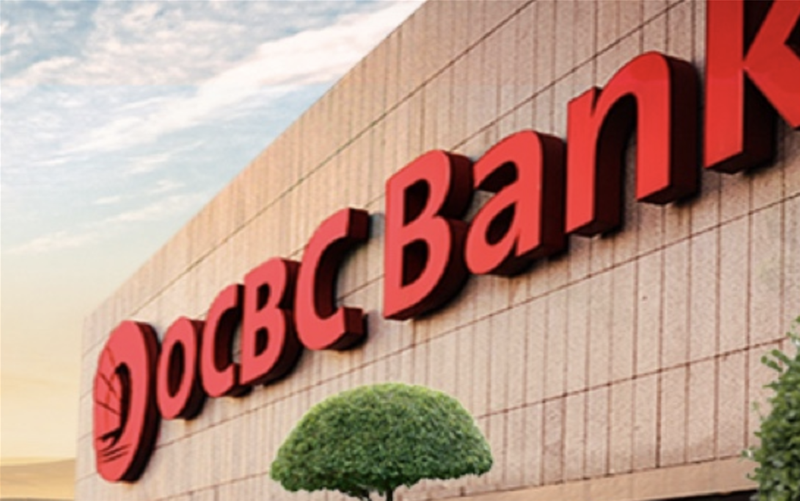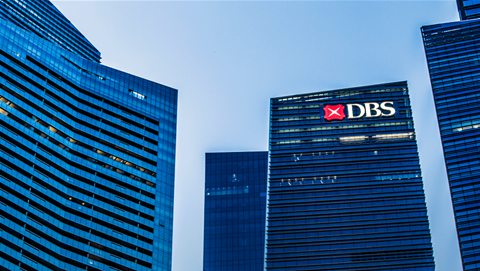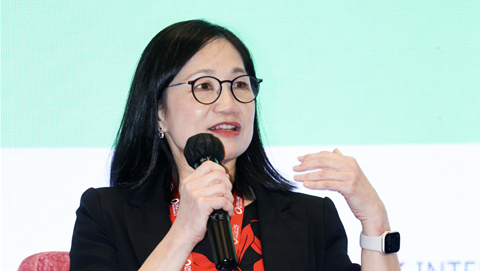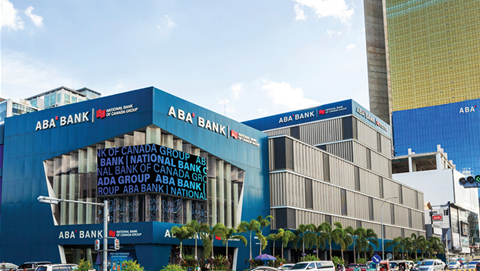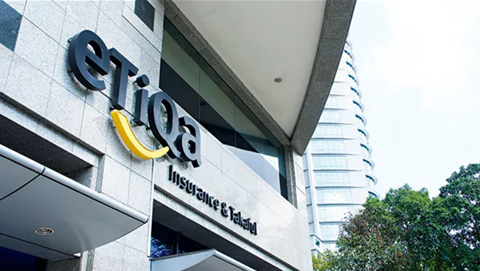Singapore bank, OCBC, is in the process of building out its blockchain engineering capabilities that sit within its group operations and technology division, with three open roles in Singapore.
The bank has roles for a platform engineer, engineer and architect, the latter of which only opened for applications last week.
All three roles point to the existence of an "enterprise-grade blockchain platform" or "blockchain network" within the bank that has been stood up as part of a broader digital transformation strategy.
The work appears to relate to smart contracts, a type of contract that is designed to automatically execute when certain conditions are met.
At least one of the advertisements seeks experience in tooling associated with Ethereum.
The newest role in architecture, meanwhile, suggests that multiple "POCs (proofs-of-concept) and pilot projects that will evaluate specific (digital ledger) technology’s applicability, performance, and scalability" are to be worked on.
An OCBC spokesperson was unable to provide comment to iTnews Asia on the recruitment or on the size or nature of any engineering team specifically working on blockchain technologies at the bank.
However, blockchain has been an area of interest for OCBC for some years.
Altona Widjaja, the one-time head of OCBC's innovation arm and now head of new digital ventures, in early 2017 suggested that smart contracts and trade finance were but one area of interest for OCBC as it explored potential applications for blockchain.
While a LinkedIn search of current OCBC employees does not show any results for titles containing the word "blockchain" - as the new roles do - the bank did have a blockchain-specific engineer between 2018 and 2019 described to have "pioneered" work in the space, including in technologies mentioned in the current recruitment advertisements.
Publicly, OCBC has participated in a number of blockchain trials over the years, including in 2016 for cross-border payment services and in 2019 on a JPMorgan blockchain service.
OCBC’s CEO, Helen Wong, also told Bloomberg TV in November last year that the bank is considering setting up a cryptocurrency exchange and “there is some work being done in the bank” in this space.
Wong said during the interview that the technology behind cryptocurrency could potentially boost efficiency but also added that the bank wouldn’t rush into the sector just because of its popularity.
OCBC is not the only Singapore bank with a keen eye on the blockchain space.
There is also evidence that DBS Bank has been hiring in the past few months to beef up its digital capabilities with in-house cryptocurrency and blockchain expertise.
A LinkedIn job search shows that DBS has advertised for jobs both in the senior management category as well as junior levels for positions such as crypto quant trader, digital asset product managers, both at the senior vice-president (SVP) and VP level.
It has also advertised for positions such as institutional sales, cryptocurrencies for DBS Digital Exchange (DDEx), with the mandate to build and grow institutional clientele trading on the exchange.
The ambit would include formulating sales strategies and evaluating the effectiveness of current strategies.
Other positions advertised by the bank include blockchain engineers at various levels of seniority.
Advancing plans
The spate of job offerings and hires has fuelled a long-held view in Singapore financial circles that the two banks are likely to go head-to-head in offering cryptocurrency and blockchain-based financial products.
DBS already has a cryptocurrency platform, DDEx, which has been up and running since December 2020.
It offers security tokens, digital currency exchange and digital custody services, among other services, to its 600-odd members.
DDEx is among the first bank-backed digital asset exchanges in the world and the Singapore stock exchange, SGX, has a 10 percent stake in it.
Since its establishment, DBS has already beefed up DDEx with both internal transfers and new hires.
The current spate of new job advertisements could be an indication that it is in the process of ramping up operations at the exchange which has seen a lot of growth traction in the 2021 fourth quarter.
According to cryptocurrency media firm CoinDesk, DDEx’s 2021 fourth-quarter trading volume was US$595.5 million, more than double the volume in the preceding three quarters.
CoinDesk noted that with this increase DDEx’s full-year trading volume was US$819 million, which, however, was a fraction of the volume that many well-known digital exchanges report.
Unlike in many other countries, cryptocurrency exchanges and trading are legal in Singapore which is why the banks are involved.
The Inland Revenue Authority of Singapore (IRAS) treats bitcoin as “goods” taxable under its goods and services tax.
However, cryptocurrency exchanges are barred from allowing the general public to trade on their platforms and in the long term, this could hamper volume growth.
In January this year, Singapore’s central bank, the Monetary Authority of Singapore (MAS) issued guidelines to the effect that service providers “should not promote” cryptocurrency services to the general public in Singapore.
The definition of "service provider" included banks and financial institutions.
According to Loo Siew Yee, MAS’ Assistant Managing Director (Policy, Payments and Financial Crime), the central bank “strongly encourages the development of blockchain technology and innovative application of crypto tokens in value-adding use cases”.
“But the trading of cryptocurrencies is highly risky and not suitable for the general public,” she said.
The MAS official said service providers should not portray the trading in cryptocurrencies “in a manner that trivialises the high risks of trading”, nor engage in marketing activities that target the general public.
The recruitment patterns of the two banks would seem to suggest that they are building capabilities to be able to provide institutional customers with blockchain and crypto expertise to smoothen transactions and not necessarily to sell digital crypto products to the general public.

